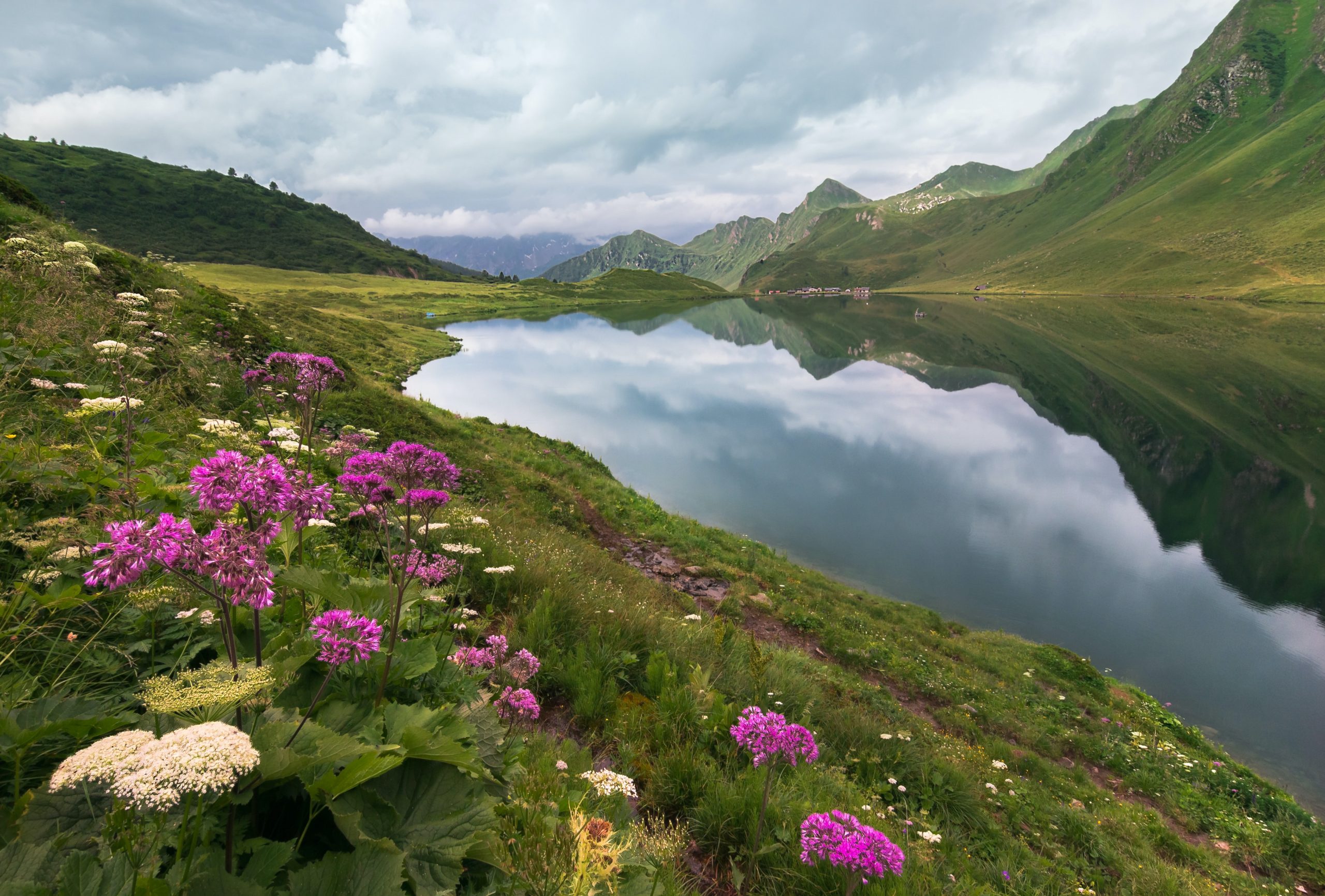Chewing the Scenery
by Albert Leo
After an arduous hike to the summit of a mountain, you might feel a sense of accomplishment and take in the scenery to enjoy the vista. But within the hustle and bustle of your day to day lives, you’re not often asked to really capture your surroundings. Unfortunately, your college essays require you to draw and catalogue those moments.
So how do you chew the scenery to transport your readers into your memories? You obviously can’t take pictures or videos to reference everywhere you have visited. But even if you were able to, you probably would have missed out on other ephemeral qualities that can’t be described by just the physical characteristics of the scenery around you.
So, let’s get into the nitty gritty of how to make your locations of where your story takes place as vivid and enthralling as possible. Here are some tips on how to chew the scenery.
Let’s use an example of camping and hiking to the summit of a mountain.
After a long hike, we saw the beautiful scenery.
This sentence is serviceable, but so much is left out that we’re not really able to live in that space. To truly get people invested, you must construct that space for them, as they build the scene along with you in their head.
By filling in the details and not brushing your writing over with generic summaries, you can take a little time to set the stage.
- Utilize your senses. By incorporating touch, sight, sound, taste, and smell, we can fully use the languages of the human experience. Though people will often remember to use sight, try to incorporate other senses when they’re pertinent. For example, one of my students wrote about performing a cultural dance in front of a crowd of people. Including the small detail of tikka spices wafting in the background for the post-recital meal can add on an extra layer of cultural immersion and anticipation.
- Use personification. You might be tempted to just be completely rational in your descriptions, but you can animate your surroundings by imbuing objects and places with human qualities. So rather than just experiencing everything through a singular point of view, you can incorporate different verbs. I saw a red sports car speed past me. -> A sports car begging to satisfy its owner’s midlife crisis with its loud red exterior sped past me.
- Integrate emotions with the physical. Make sure to not just talk about the physical, but also how you felt in these moments. The 5 senses are a great starting point, but how we feel is also important to setting a tone. For example, if I were to describe a McDonald’s, the physical interior might look similar to every other McDonalds. However, the joy of a child wanting a Happy Meal that contained the latest toy is different from an adult being forced to get some calories on a long drive home.
- Surprise the reader. If your descriptions are too mundane and expected, the reader will write the scene before you. Sometimes, you can use this to your advantage by subverting expectations. Otherwise, try unorthodox ways to describe things like using similes, metaphors, references, and allusions. Our group was diverse. -> Our bowling group was like a Power Ranger team with a color for everyone.
From the sentence I wrote above, I edited an expanded version to chew more of the scenery.
So, Essay Narwhals, can you spot the tips that I employed in the passage below?
Before we set off, we heard the blue jays chirping away into the crisp morning, no doubt singing their songs of conquests about the hotdog buns they had stolen the day before. Under the shelter of the magnificent redwoods, I inhaled the cool, damp, pine infused elixir of life. But as we ascended one of Big Sur’s smaller mountains, we crunched loose twigs and navigated along narrow jagged trails. As the altitude grew higher, and the trees’ natural air conditioning changed into a sun-drenched arid atmosphere, the back of my shirt congealed with my sweat. When we reached the summit, our hard work was rewarded with the paradox of humanity–a beautiful vista of a freeway overpass that carved through nature.


